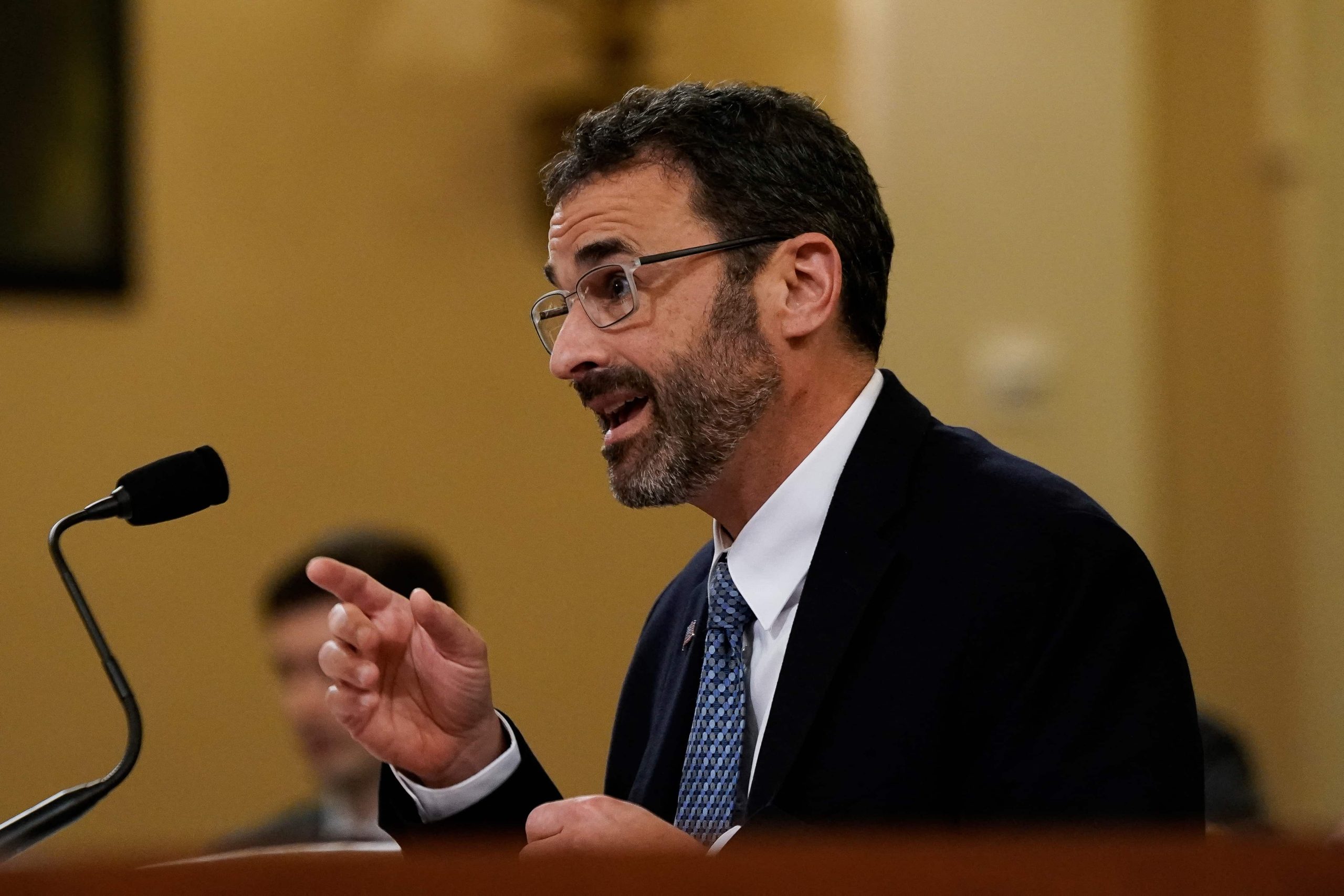IRS Announces Plans to Expand Workforce and Enhance Services
Internal Revenue Service (IRS) Commissioner Danny Werfel revealed the agency’s ambitious goal of increasing its workforce to over 100,000 employees in the next three years to drive modernisation, service, and enforcement efforts.
Key Points:
- IRS aims to expand its workforce to over 100,000 employees within the next three years.
- Focus on modernisation, service improvement, and enforcement objectives.
- Near-term hiring priorities include enhancing taxpayer services and managing complex audits.
Werfel, celebrating his first year as IRS Commissioner, stressed the importance of securing additional funding to support this workforce expansion and sustain increased capacity. The agency is set to release detailed hiring plans next month as part of its strategic operating plan, utilizing $60 billion from the 2022 Inflation Reduction Act.
Currently employing approximately 90,000 individuals, Werfel anticipates surpassing 100,000 employees in the next few years, aligning with the agency’s strategic goals. This expansion signifies a significant increase of over 20,000 full-time-equivalent staff compared to the previous fiscal year.
Despite concerns raised by Republicans about the IRS’s staffing levels, Werfel clarified that the actual increase would be less than perceived. He emphasized the need to overcome past budget cuts and rebuild the workforce to effectively carry out the agency’s functions.
Funding Challenges and Future Plans:
- President Biden’s proposed budget includes a request for additional IRS funding.
- Negotiations have led to a reduction in the initial funding request.
- Werfel highlights concerns about potential disruptions during the tax filing season.
Despite funding adjustments, Werfel assured that the IRS would continue investing in technology to improve operations. However, he underscored the critical need for adequate funding to sustain the workforce and support ongoing initiatives such as advanced audits and technology upgrades.
As discussions on future funding allocations progress, Werfel emphasizes the importance of maintaining sufficient resources to avoid capacity constraints and ensure the IRS can fulfill its duties effectively. He warns of potential challenges if funding falls short, hindering the agency’s modernisation efforts.
Amid ongoing negotiations and potential funding changes, the IRS remains committed to balancing operational requirements with financial constraints to uphold its obligations to taxpayers.
















































